Asia/Indonesia/09.10.2018/Source: www.fairobserver.com.
fter another earthquake and tsunami in Indonesia, it is clear that people are not taught what to do in the event of natural disasters.
Indonesia has once again been hit by a natural disaster. On September 28, a 7.5-magnitude earthquake followed by a tsunami struck the cities of Palu and Donggala on the island of Sulawesi. At the time of publishing, at least 1,424 people died, with thousands more injured. With homes in ruin, tens of thousands have been forced to live in makeshift refugee camps.
According to Reuters, Indonesia’s geophysics agency, BMKG, lifted a tsunami warning too early, just before the waves hit the coast of Palu. It is also understood that buoys — which are connected to the seafloor to detect tsunamis — in Sulawesi have not worked for the past six years and had not been fixed due to a “lack of funding.” With poor planning in place, Indonesians were left with little notice of an imminent disaster.
As reported by The Guardian, Phil Cummins of the Australian National University and Adam Switzer of Nanyang Technological University in Singapore believe the earthquake and tsunami were not the result of a failure in technology, but rather due to the lack of education among the people.
In 2004, Southeast Asia was left devastated by an earthquake and tsunami that quickly spread across the Indian Ocean. Unlike that time, the wave that struck Sulawesi was not was prompted by an earthquake hundreds of miles out in sea. Instead, it was a localized tsunami resulting from an earthquake close to the coast. The tsunami waves hit Palu just 30 minutes after the quake which, according to Switzer, “should have been the early warning.”
Cummins added that to blame technology is “misguided.” Instead of relying on a warning system, he said, people should have sought “high ground immediately. They cannot afford to wait for a siren or a warning, they need to move instantly.” The issue is that Indonesians in Sulawesi did not really know they should have done that.
He added: “Either they didn’t know they needed to do that or they didn’t believe anything would happen, and in either case that says the people in Sulawesi were not educated about what they need to do in this situation. And that’s what killed people.”
THE NEED TO EDUCATE
The conditions in Palu should be a wake-up call about the need for education — especially for those living in earthquake-prone areas — not only about natural disasters in general, but what people must do to ensure their safety. It is indeed difficult to predict when a natural disaster will occur. But considering Indonesia is vulnerable to such situations, it needs a comprehensive plan so that citizens are educated in how to respond to earthquakes and tsunamis. Sufficient response plans would mean that every Indonesian has basic knowledge about what to do when disaster strikes.
In Indonesia, most elementary school textbooks in social studies contain a a lesson about natural disasters. These include that cutting down trees can cause landslides and trigger floods or about how earthquakes occur. But there is no lesson about what to do when an actual quake takes place. Presumably, mitigation in Indonesia has not become a serious issue just yet.
Records over the past 15 years show there have been two devastating earthquakes in the country, leading to thousands of casualties. The 2004 earthquake and tsunami in Aceh caused 230,000 deaths across 14 countries around the Indian Ocean — the majority of those in Indonesia. Another earthquake took place in Yogyakarta in 2006, which claimed the lives of 5,000 people.
Several years have passed, but Indonesians still do not understand what to do when an earthquake occurs, other than running out of a building or trying to protect themselves under a table. With the country situated in an active geological area, Indonesia must prepare itself for natural disasters.
EARTHQUAKES AND TSUNAMIS
It should be made clear that educating people about what to do when an earthquake takes place is as crucial as having advanced technology to predict when disasters may occur. According to the US Department of Homeland Security’s Ready website, when an earthquake shakes the ground and you are in a vehicle, you should immediately pull over and stop. If you’re in bed, you should stay there. If you are outdoors, you should stay outdoors. Such valuable information is often unknown to Indonesians and should be an example for authorities and nongovernmental organizations in helping to increase people’s readiness to face earthquakes.
There is also a need for disaster exercises such as practicingdrop, cover and hold. As per Ready, this involves dropping on the ground to your hands and knees; covering or protecting your head and neck with your arms; crawling to the extent needed to avoid falling or collapsing materials; and holding onto strong furniture or doorways in a building until an earthquake stops.
No less important is making an emergency communicationpattern with your family. In an earthquake-prone country like Indonesia that has the 2004 tsunami in its memory, this is necessary.
There are also reasons why you are advised not to run out of a room if there is an earthquake. Trying to run when an earthquake takes place is very dangerous due to potentially falling debris or broken glass. It is safer for people to stay at home and protect themselves by crouching under a table.
Earthquakes do not usually last for very long. It only takes tens of seconds for an earthquake to occur. However, when the the ground stops shaking, people must be aware of the possibility of a tsunami, especially if they live on the coast. Again, these things are not taught to the average Indonesian.
In 2004, the tsunami in Aceh was preceded by a 9.2-magnitude earthquake that lasted for an estimated 10 minutes. In such instances, it is important to educate fishermen who work at sea.
Nature will usually give a number of signs before a tsunami hits. When a tsunami approaches the coastline, water will usually spread toward dry land and cause the inside of the sea to be exposed, showing its contents, corals and fish in the sea itself. Because of the low tide, there are often many fish floundering on the beach. Due to a lack of understanding, fishermen may not always act immediately. They need to be aware that they should not pick up the fish and should instead seek high ground.
Tsunamis cause abnormal sea activities. The key sign is the presence of a wall of water with a great roar. Imagine a sound that resembles that of a train or jet.
PREPARING FOR NATURAL DISASTERS
The theory seems easy, but the practice is difficult. As natural disasters are hard to predict, humans can only anticipate them by preparing themselves. Therefore, there is a need to make sure that training is carried out in Indonesia.
There are many things that can be done to educate people about disaster avoidance efforts. Schools could conduct regular evacuation exercises for earthquakes. Posters can also spread awareness about what can be done during natural disasters. National media outlets can also be used to educate people, such as making earthquake alertness videos. Relevant institutions and government ministries also need to make more of an effort to ensure that those who live and work on the coast are sufficiently educated about the signs of natural disasters and what they need to do in such events.
What is clear is that, learning from Palu and previous natural disasters, more efforts are needed by both the Indonesian government and other relevant stakeholders to educate people not only about basic information concerning natural disasters, but also what they need to do to recognize signs and steps to be taken when those disasters occur. Doing so could save lives.
Source of the notice: https://www.fairobserver.com/region/asia_pacific/indonesia-earthquake-sulawesi-tsunami-natural-disasters-asia-news-today-24920/
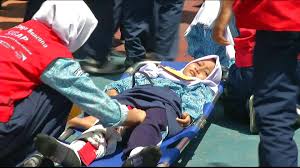
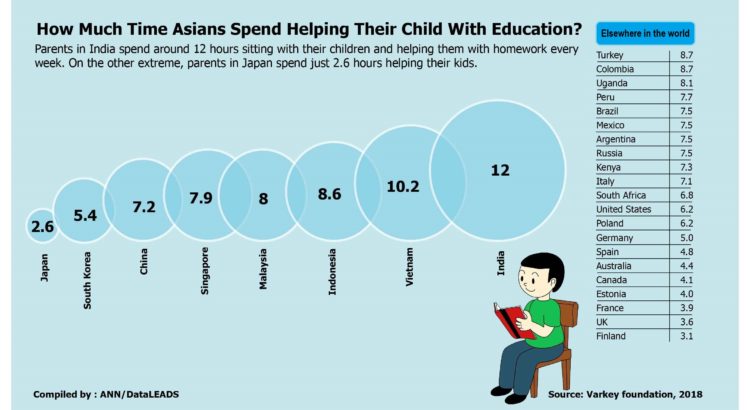
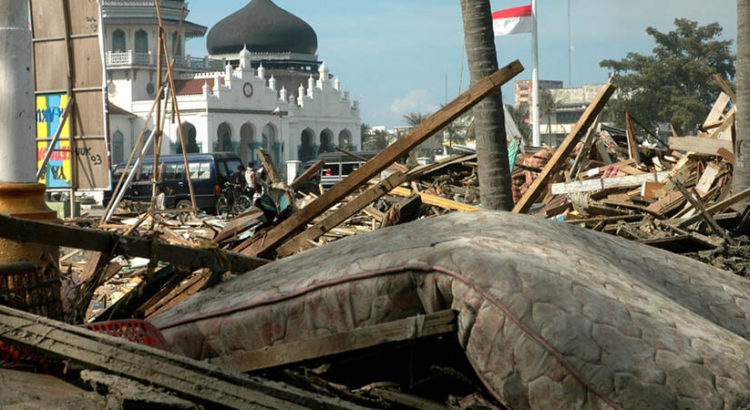
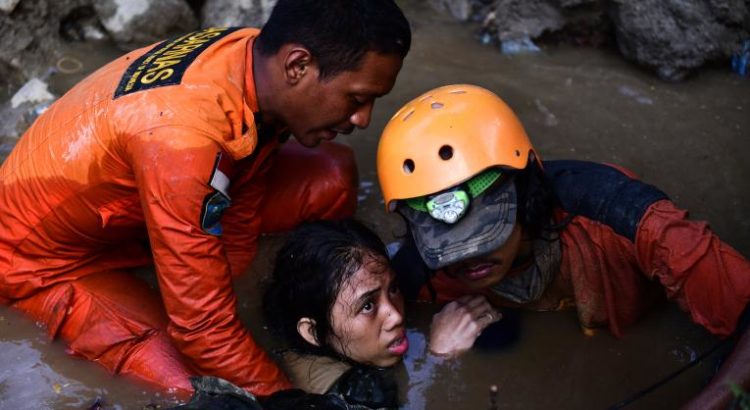
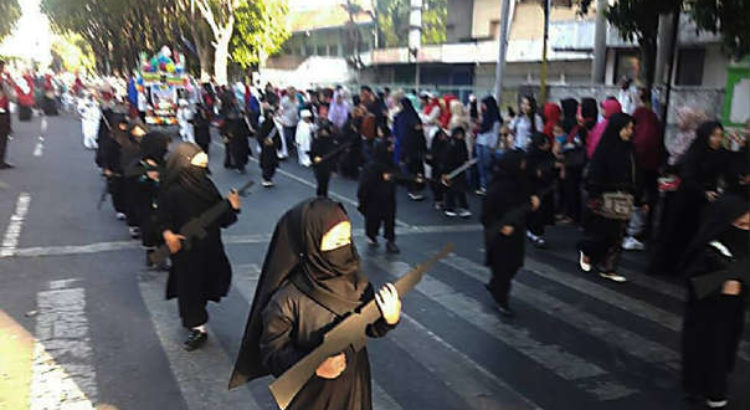

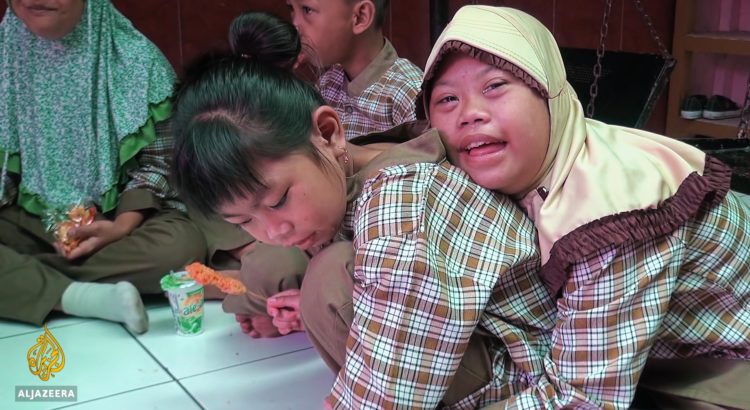
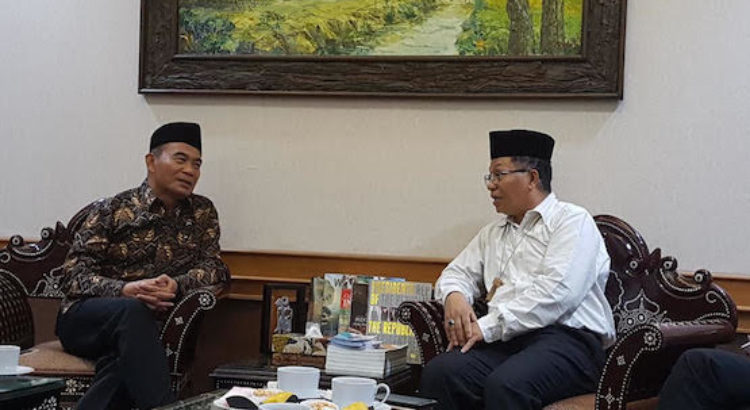







 Users Today : 8
Users Today : 8 Total Users : 35460977
Total Users : 35460977 Views Today : 9
Views Today : 9 Total views : 3420445
Total views : 3420445